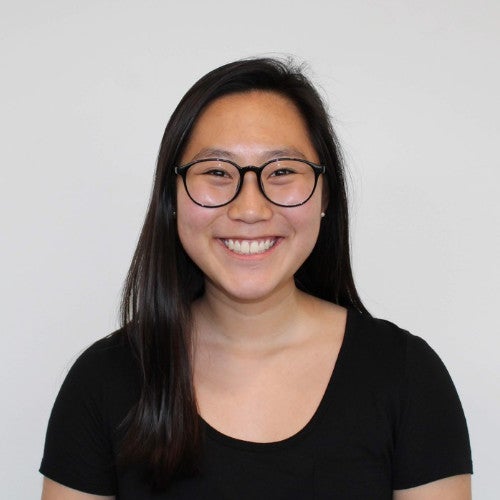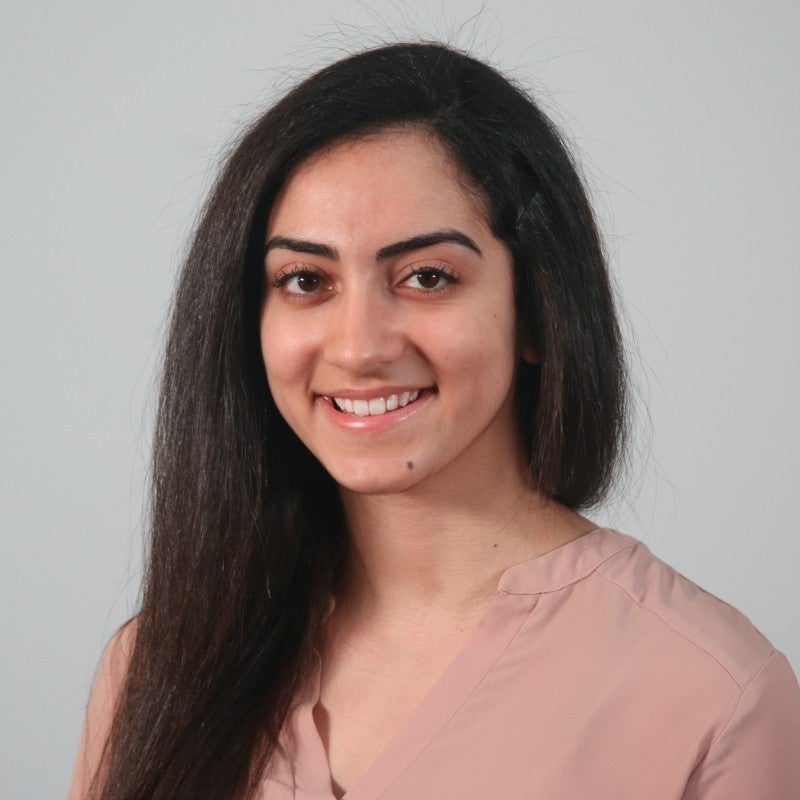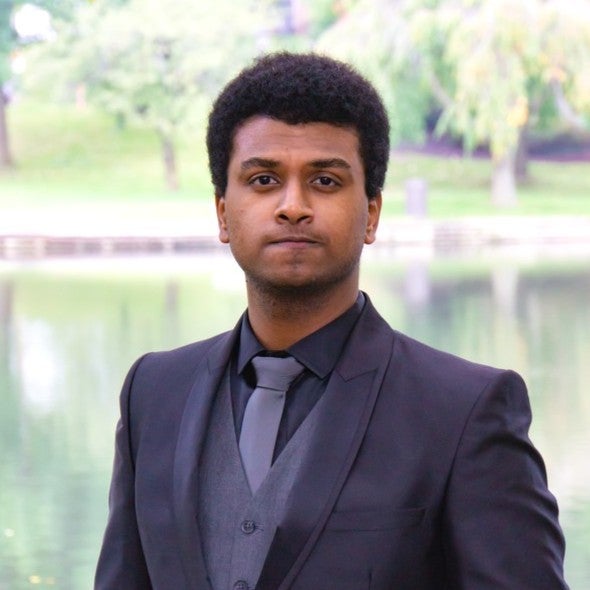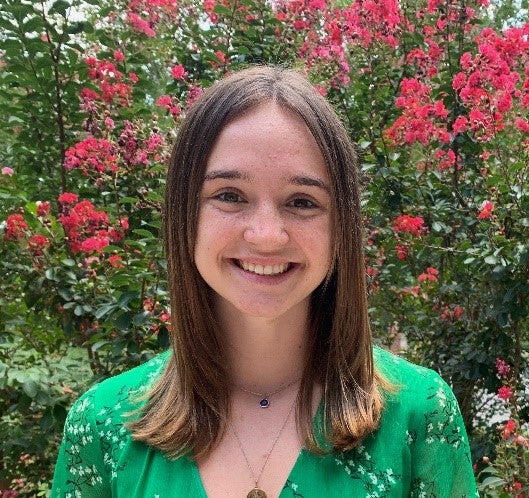The Veale Institute for Entrepreneurship launched the Remote Entrepreneurship Project (REP) Program this summer in reaction to the COVID-19 pandemic, which caused many students to lose valuable opportunities to develop their skill sets. The REP Program matches Case Western Reserve University (CWRU) students with startups to work on a project part-time for 6 to 8 weeks. At the end of the program, students receive a $500 stipend. Over 100 CWRU students took part in the inaugural REP Program over the summer and this success, as well as the continued effects of the pandemic, led the Veale Institute to host the program again in the fall of 2020.
The REP Program is also scheduled to continue in the spring of 2021 and student applications to the program are open until December 18.
Accepted REP students write three blog posts on LinkedIn documenting their internship experience as part of the program. Here are excerpts from four different blogs that embody the spirit of the program:
Wonyoung Choi (Summer 2020)
Wongyoung Choi (CWR ‘22), an electrical engineering and computer science student, worked with Apartment List, a renting platform startup in San Francisco that was founded by CWRU alum John Kobs (CWR ‘03). As a software engineering intern, Choi was responsible for front-end web development on an internal application and learned Typescript, React, Sass and Git.
“Like many other students in the REP Program, my main goal for this summer was to grow my technical skills while expanding my professional network. I am proud to state that I have been able to accomplish these goals in addition to my project-specific goals. After six weeks at Apartment List, the component that I worked on during my internship will live on the working internal application, Admin Console. In its current state, it has preliminary functionality that will serve as a guideline to implement other similar features and later be iterated on. At the conclusion of my internship, I was also able to provide my team with a proposal for features that would provide more functionality for admin users by addressing areas that were discussed during my meetings with teams across the company. One task that I was not able to get to was learning how to write tests for my component. Now knowing the skills to create a web application and mentors to reach out to, I plan to continue learning about web development and web application testing through personal projects.”
Farah Almhana (Fall 2020)
Farah Almhana (CWR ‘21), a cognitive science and business management major, recently finished her project with Reflexion Interactive Technologies, Inc. Reflexion is a portable neuro-fitness service that tracks, trains and strengthens neuro acuities to improve athletic performance. Almhana was tasked with creating a database in which individuals using Reflexion technology can compare their progress to that of athletes of all sports at all levels of play and in every position.
“One of the most interesting parts of my role as an intern is seeing how my project fit into the larger functioning of the company. Being able to interact with all the different roles in the leadership of the company, including engineers, creative directors, and sales executives, among others, allowed me to learn about all facets of company operations. Weekly meetings such as these reminded me to embed my work and knowledge into the larger goals of the company.
“The Remote Entrepreneurship Project (REP) Program has supported both my personal and professional growth. I worked on the creation of a database that will be implemented in the next update of the company’s athlete training technology. I learned about innovative problem solving, maintaining good customer service nationwide, and knowing when to seek outside guidance, among many other things, through the expertise of my mentor. Finally, I broadened my experiences in entrepreneurship, opening up possibilities for a future career in both healthcare and innovation.”
Kishor Kumar Verasheka (Fall 2020)
Kishor Kumar Verasheka (CWR ‘19, MGT ‘21), who is pursuing his master’s in finance, is interning with Signal Cortex. Signal Cortex was co-founded by CWRU alumni Matt Crowley (CWR ‘07) and William Wichert (CWR ‘09, MGT’13). Going into the program Verasheka had experience in working on the venture capital side of entrepreneurship and looked forward to gaining insight into the startup side.
“As I now approach the midway point of the REP program, my knowledge in the entrepreneurial and venture capital fields has only increased. As part of the program, I have been working with a startup called Signal Cortex, whose product is an enterprise voice assistant that solves a key problem which exists in almost every industry involving frontline workers. The company had recently been accepted in a seed accelerator program and had a chance to work with the accelerator to onboard mentors and investors. As an intern at the company, I had the opportunity to virtually meet with individuals from different industries and backgrounds. Each person had a different point of view on the product and the industry, as a whole. Their insights into the entrepreneurial field made me understand that experience plays a huge factor in making the right investments.”
Jackie Broz (Fall 2020)
Jackie Broz (CWR ‘21), a nursing major, was matched with MCSquared Health, a California-based startup that uses technology to simplify and modernize the medical building process. MCSquared Health was founded by CWRU alum Ashi Batchu (CWR ‘11).
“Through this experience, I’ve developed a greater understanding of the deep rooted flaws in our healthcare industry, which weren’t as evident to me through my nursing training alone… My improved understanding of the current system has made me aware of administrative distractions from care during my time working in the hospital, and in turn keeps me excited about how business and innovation can prompt change.
“My primary role so far has included contacting potential clients by email and phone, then debriefing the sales team on my experiences and discussing adjustments needed for our approach and sales pitch. These weekly meetings are where I learn the most, evaluating my interactions, where I can improve, and receiving feedback and recommendations. We’ve faced difficulty getting in contact with clinics and healthcare providers, and have adopted a multi-channel outreach method in order to engage with an industry that is more technologically limited than one might think. Through these outreach complications, I’ve learned the importance of not just pitching a product, but rather how that product would directly improve a major pain point for a potential client.”






